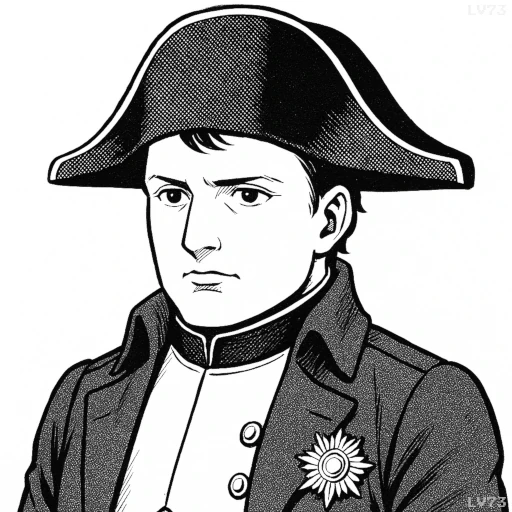“There are only two forces that unite men – fear and interest.”

- August 15, 1769 – May 5, 1821
- French of Italian descent
- French military officer and emperor
table of contents
Quote
“There are only two forces that unite men – fear and interest.”
Explanation
Napoleon Bonaparte’s observation reveals a pragmatic view of human motivation and social cohesion. He believed that fear and interest are the primary forces that bring people together, suggesting that individuals are driven by self-preservation and personal gain more than by altruistic ideals. In Napoleon’s experiences as a military and political leader, he likely observed that alliances were often based on common threats or shared benefits, rather than genuine loyalty or shared values. Fear, such as the threat of an external enemy, compels people to seek protection and unity, while common interests—be they economic, political, or social—encourage cooperation for mutual advantage.
This perspective holds relevance in various spheres today. In politics, for instance, countries may form alliances out of shared security concerns or economic benefits. Similarly, in business, companies often collaborate to protect their interests or gain a competitive edge in the market. Even in social settings, people sometimes form groups or networks based on the practical benefits of belonging, such as career advancement or social protection.
Napoleon’s insight invites reflection on the nature of relationships and alliances. While fear and interest can indeed unite people, they may lead to fragile bonds that dissolve when the threat or benefit fades. This view encourages us to recognize the complexity of human connections and perhaps aspire to build deeper, value-based relationships that extend beyond fear or self-interest, fostering a unity rooted in shared ideals and purpose.
Would you like to share your impressions or related stories about this quote in the comments section?



